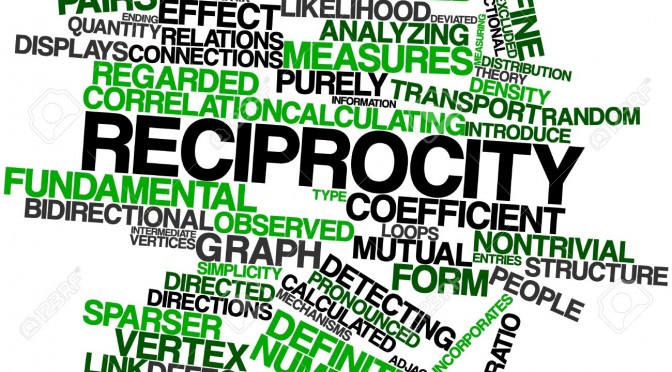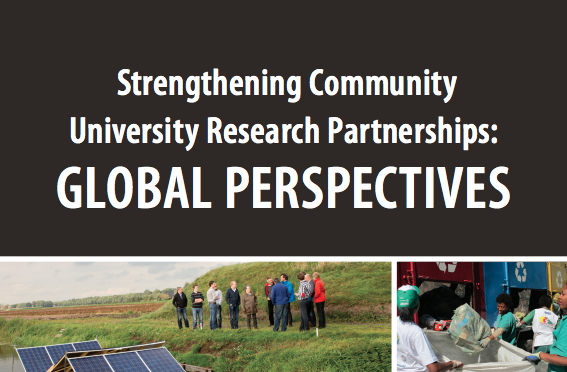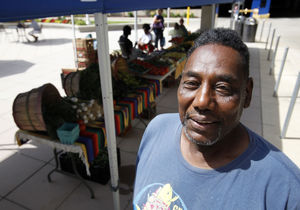My current community-based project has brought lots of reflective thinking. On one hand, I am blessed. On the other hand, I could not really avoid them. Here is my latest reflective thinking that I recently shared with my “partners in crime.”
If done right, community-based project is one of the most frustrating projects. Sometimes, one of the most successful is among the most frustrating. People might argue it doesn’t have to (be frustrating). I would argue back, I am not sure if he/she truly understands the complexities of a true community-based project.
One of the possible source of frustrations from this process is that I follow a learning process/theory called popular education (see Paulo Freire and Myles Horton if interested). While the very large majority of instructors follow traditional learning approaches called pedagogy (teaching for children) and/or andragogy (teaching for adult). Popular education is mostly adopted and continued to be developed in a specific area of sociology and community psychology. While pedagogy and andragogy are exclusive in school of education. Most of their strategies are contradictive.
In addition, I am *very* flexible, but I realize it does create confusions and messiness around me sometimes, and maybe they could be counter-productive. But as long as it produces good impacts on community partners and their immediate communities, that is all that matters to me, to be completely very honest. I don’t mind at all with all the messiness, I will have to deal with them.
dh


